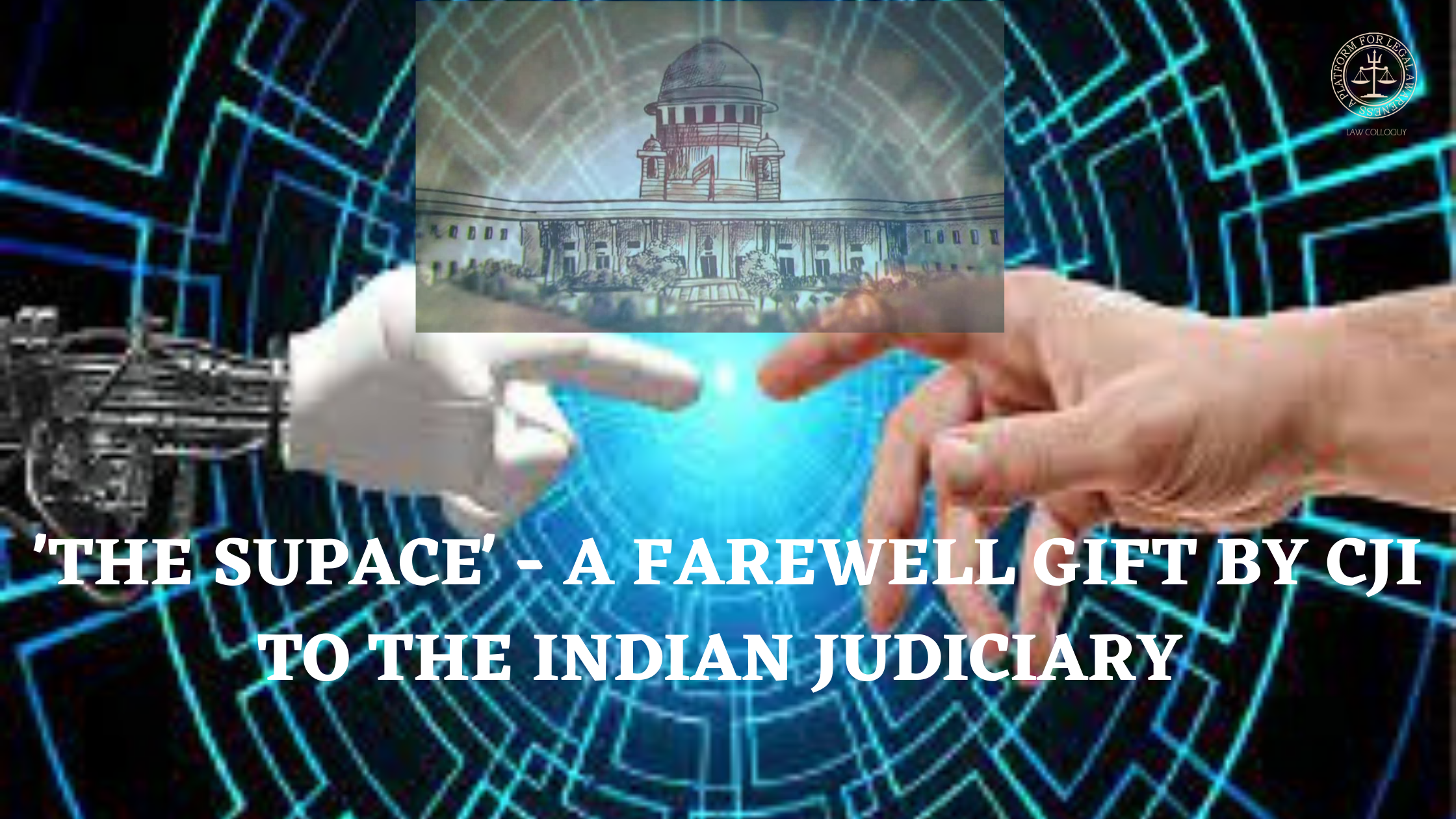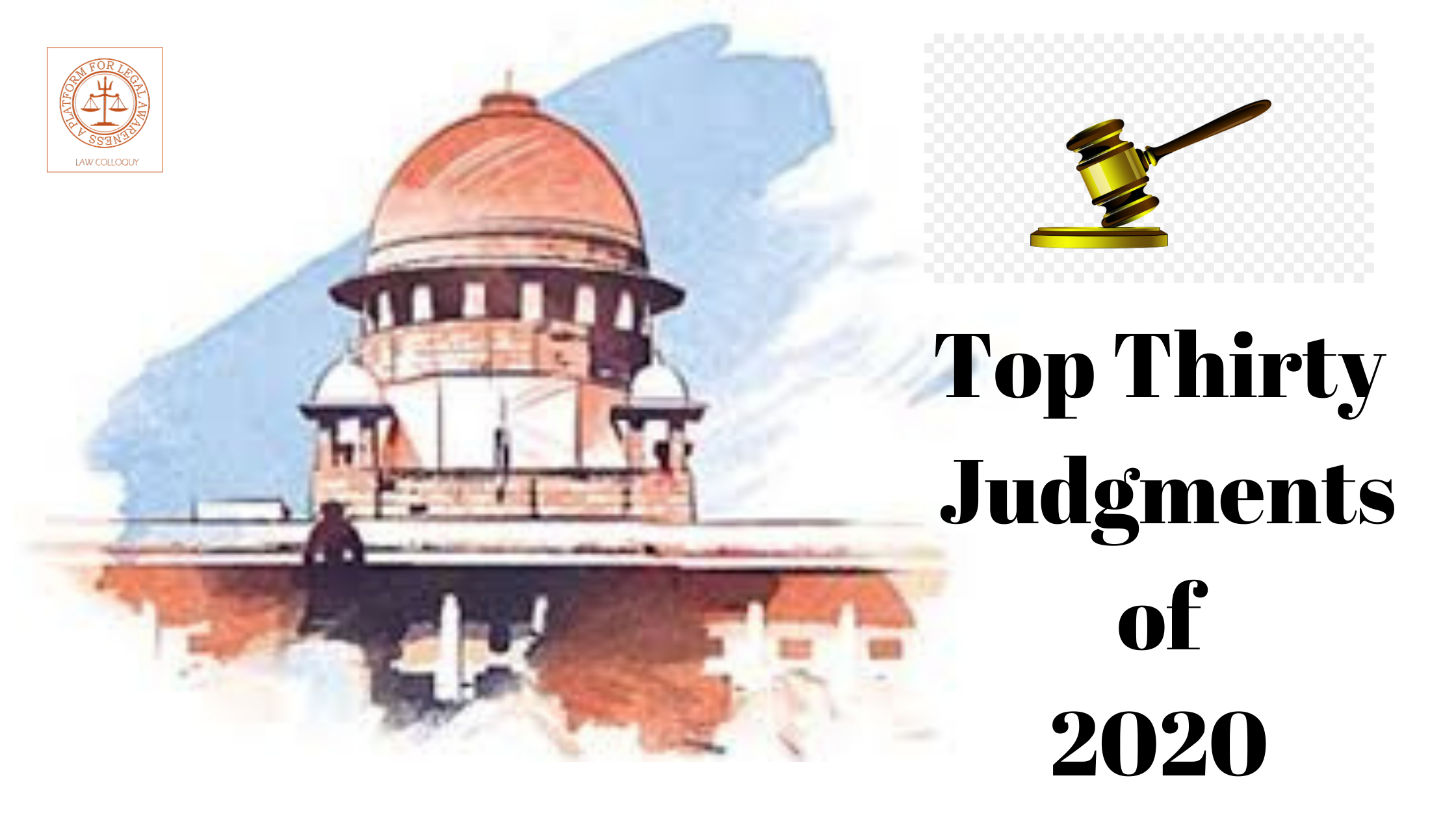"Ganga Jamuna: Navigating the Censor Board's Intricacies - A Cinematic Tale of Certification and Controversy"
Recently, news about the movie "Ganga Jamuna" was featured in the newspaper on November 6th. The news revolved around Dilip Kumar's six-month journey with the Censor Board for the film "Ganga Jamuna." In 1961, the movie, directed by Nitin Bose and starring Dilip Kumar, was released. Dilip Kumar also produced the film. However, the film encountered numerous challenges with the Censor Board, leading to 250 cuts and an 'A' certificate due to its focus on the Uttar Pradesh belt, featuring dialogues in the Awadhi dialect. This blog delves into the functioning of the Indian Censor Board and the process of issuing film certificates with reference to Ganga Jamuna.
A Brief Note on the Election Process In India
India's election process is a complex and extensive system governed by the Election Commission of India. This blog describes some of the key details of the election process in India. .
Legality Of Betting and Gambling Contracts In India
Gambling is betting or wagering money or anything at the expense of a possible future outcome to win. Gambling in India traces back to the time of The Mahabharata, almost 4000 years ago; it is described as a form of playing dice or “chausar” as it was called back then. It might be possible that gambling was introduced for people to increase their knowledge, basically to increase their capacity to take risks in their lives. Eventually, gambling became a game played by everyone from rich to poor, usually by royals in their leisure time. A famous instance of gambling, which everyone knows about, is when, in the Indian legend Mahabharata, the Pandavas wagered everything they had, including their wife, while playing dice. Since then, gambling and betting have evolved with time. People bet with money. Some people even win crores, set up a business, and live peacefully. More people have started betting illegally with money, leading to corruption and money laundering. This blog describes the various types of betting and gambling and the legal aspect of it.
Words Like Prostitute-Mistress Will Not Be Used In Courts: Supreme Court Released Terminology For Women
Gender stereotype words will no longer be used in Supreme Court decisions and arguments. Supreme Court launches Gender Stereotypes Combat Handbook to crack down on derogatory terms used for women.
No Confidence Motion in India: Explained
In parliamentary democracies, the No Confidence Motion (NCM) concept is a critical mechanism for ensuring governmental accountability and transparency and maintaining the delicate balance between the executive and legislative branches. In India, a nation that upholds democratic principles, the NCM is significant in its political landscape. The No Confidence Motion represents a powerful tool in the hands of the opposition to voice concerns, challenge policies, and even potentially change the course of governance.This blog delves into the No Confidence Motion concept, procedure, implications, and historical relevance in the Indian context.
ARTICLE 19(1) OF THE CONSTITUTION OF INDIA: AN ANALYSIS
India had achieved independence after huge bloodshed only for the citizens of the country so that they could live happily, without any interference from outside, which is known as sovereignty. Just after three tears, on the 26th day of November 1950, India had drafted its first Constitution, with its founding fathers being Dr. B.R. Ambedkar, Sir Benegal Narsing Rao, Surendra Nath Mukherjee and others. The Constitution of India has 22 parts and 395 Articles, and Part III of the Constitution is enshrined with the Fundamental Rights, ranging from Articles 12 to 35. Article 19(1) of the Constitution of India gives the freedom of speech and expression to all the citizens of India. The Supreme Court has ruled in the case of Devendrappa (1998) that reasonable restrictions may have to be imposed in the freedom of speech and expression in the interest of maintaining discipline in public services, even though it may not have been mentioned as a ground in Article 19(2).
THE SUPACE- A FAREWELL GIFT BY CJI TO THE INDIAN JUDICIARY
A new concept of virtual hearing ARTIFICIAL INTELLIGENCE has been introduced by Hon’ble Shri S.A.Bobde recently, named as “SUPACE”. This is a complete blend of human and machine intelligence. The curiosity to know and have knowledge about a new thing automatically comes to the human mind. This blog, deals with the ARTIFICIAL INTELLIGENCE (SUPACE), it's working and uses in the Indian Judiciary.
Misuse of Gender Laws in India
This paper, titled ‘Misuse of Gender Laws in India’, attempts to put forth some major loopholes in our Judicial System with respect to gender-oriented laws. It tries to make a sincere effort to understand how and why these loopholes get exploited by a section of society. It aims to critically evaluate, study and examine the major difference between what was intended by some laws versus what actually became of them through their massive misuse. This is one of those areas which has just started to gain momentum among the masses, but the legal and societal recognition of which has not received enough attention. There is also a significant dearth of quality literature available in this respect.
Top Thirty Supreme Court Judgements of India in 2020-2021
Among the numerous supreme court judgements passed this year, we have made an effort to reflect upon the top thirty supreme court judgements of India in 2020-2021.

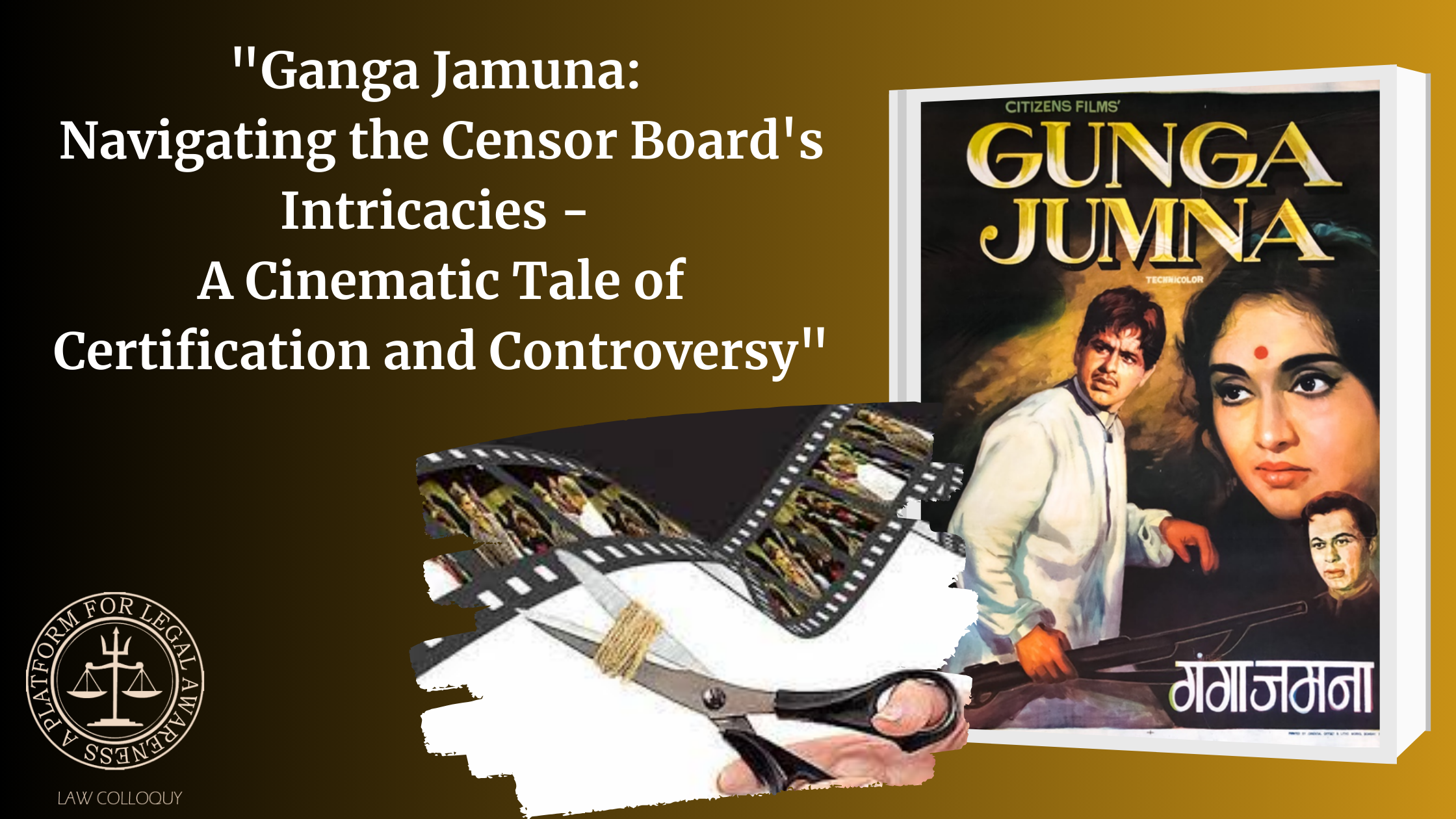
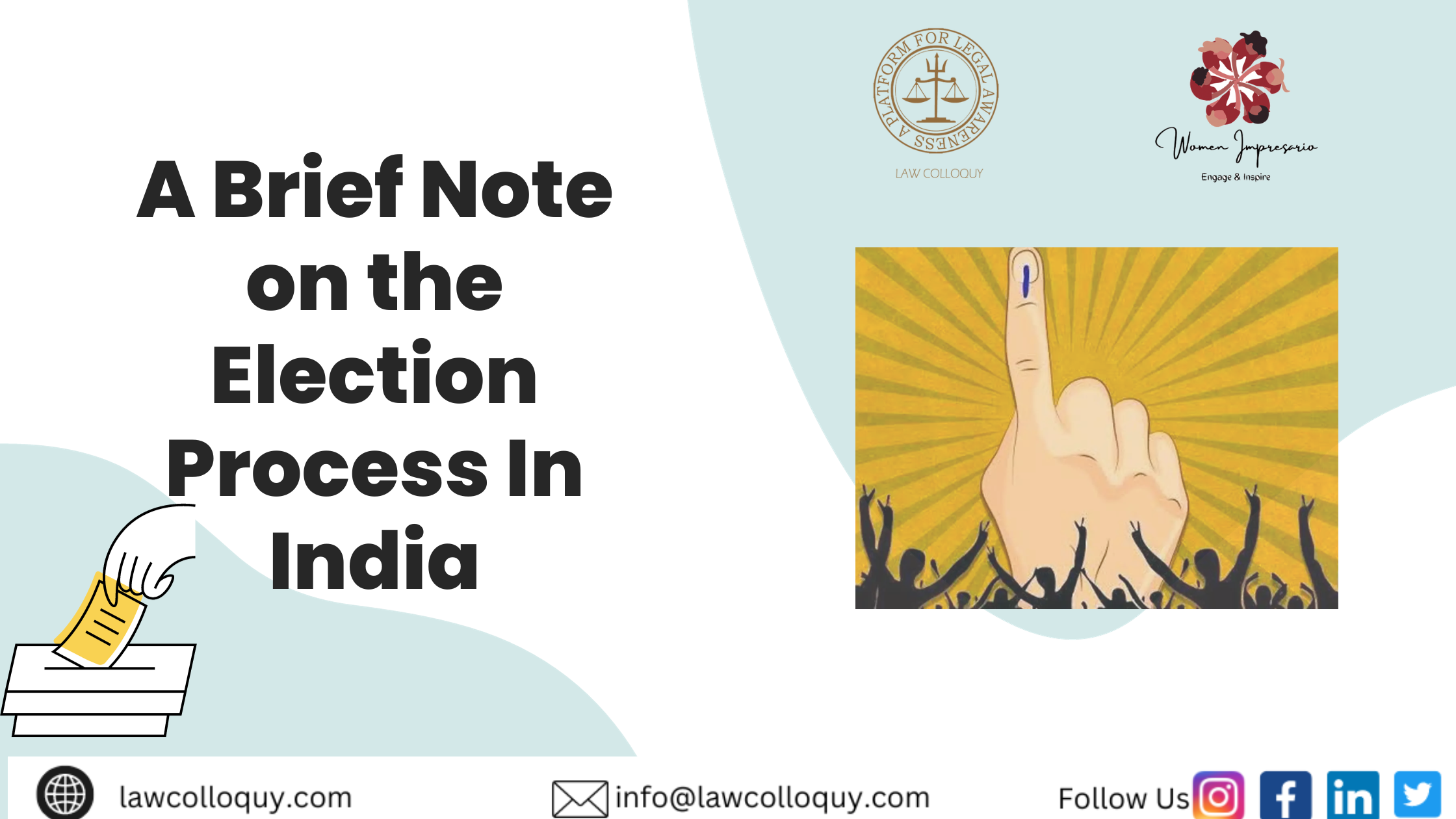

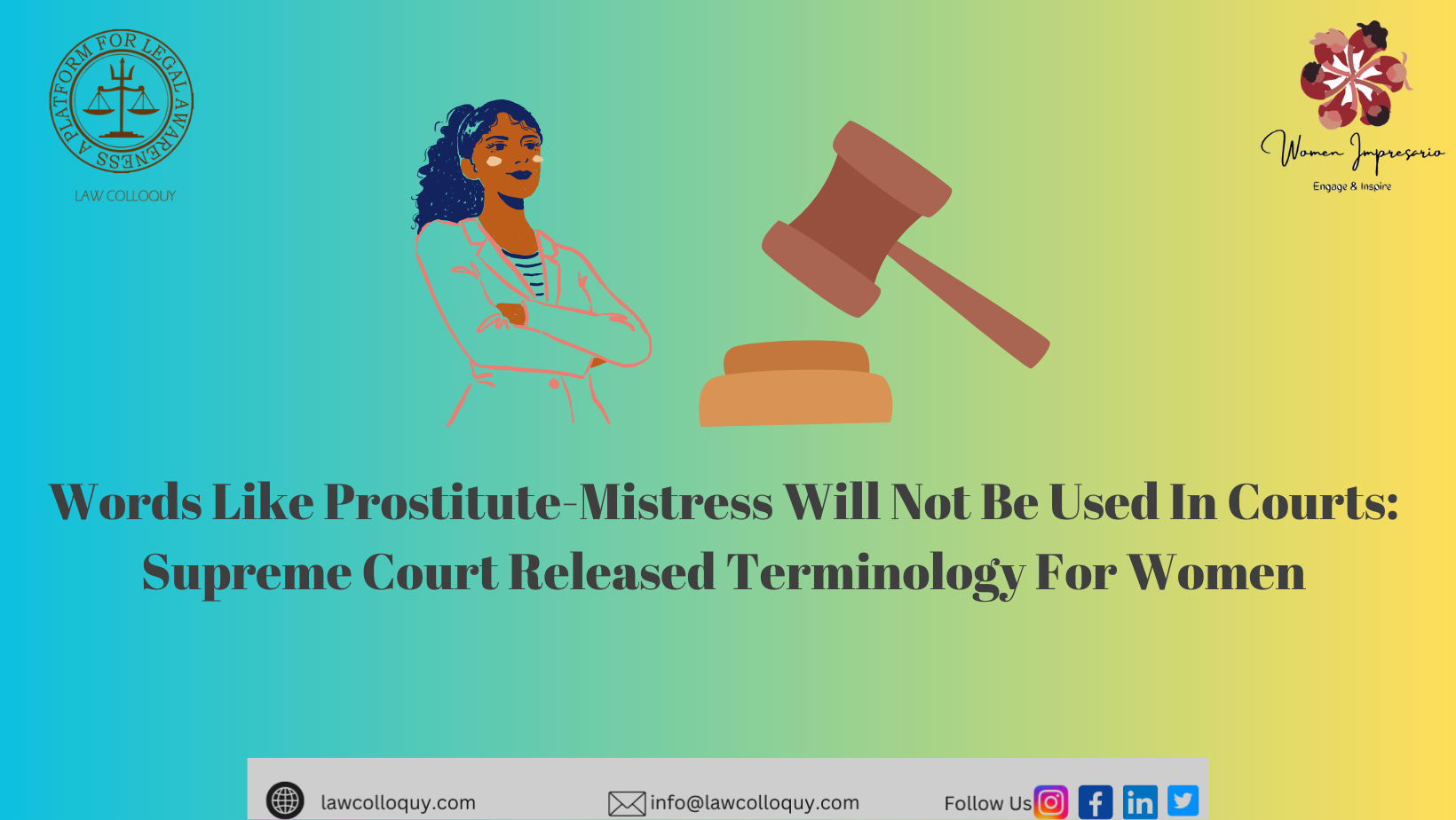
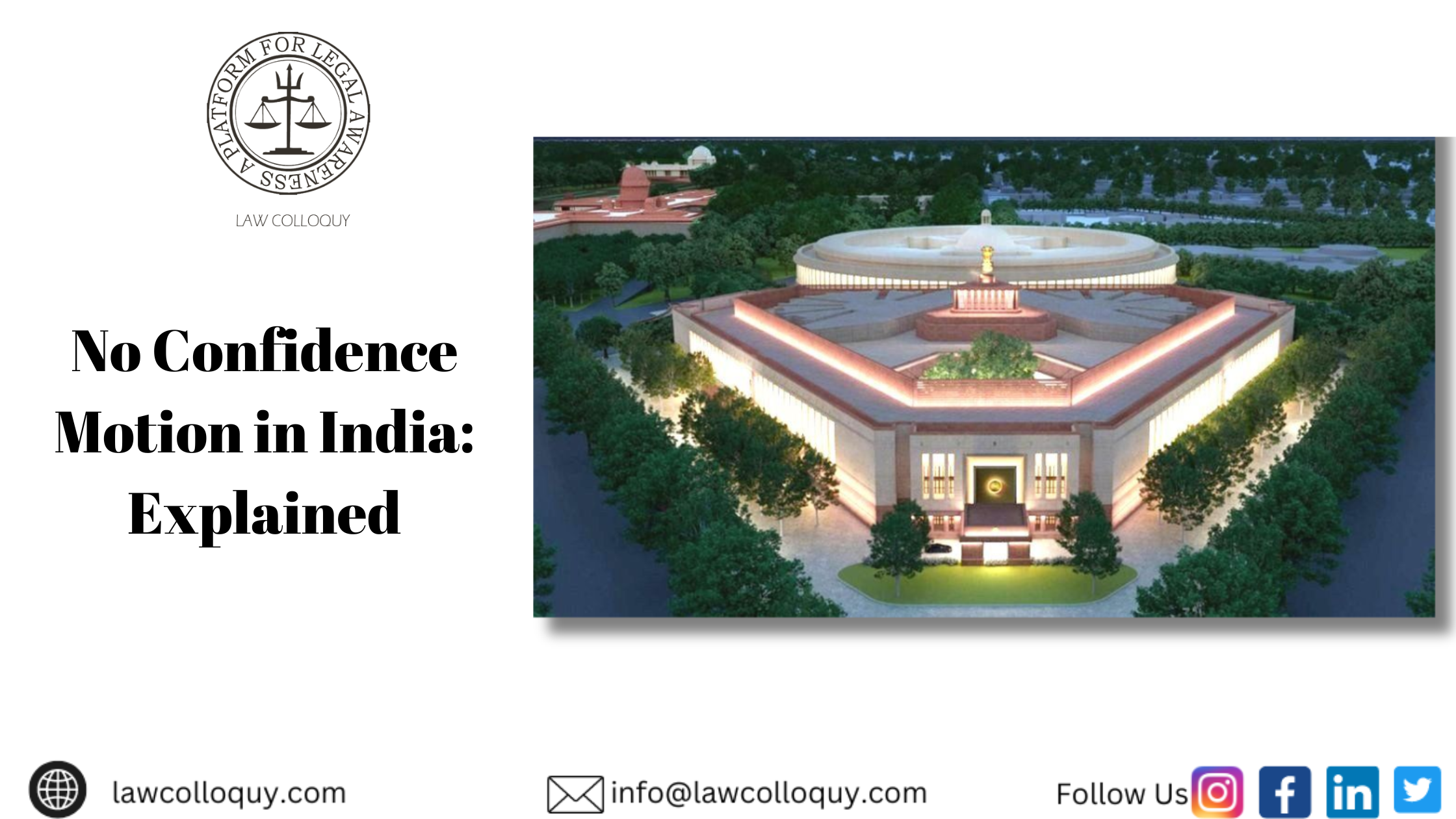
 OF THE CONSTITUTION OF INDIA AN ANALYSIS.png)
